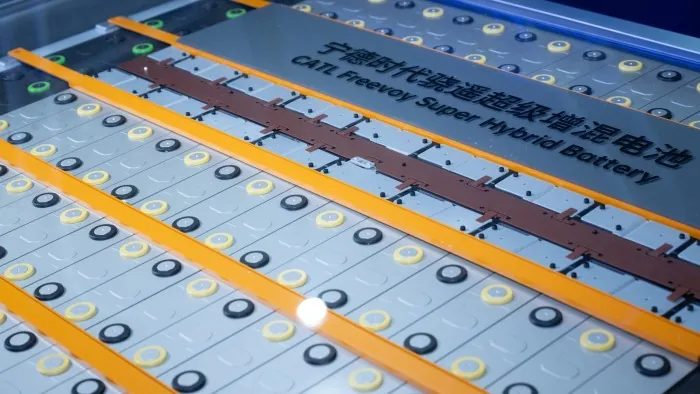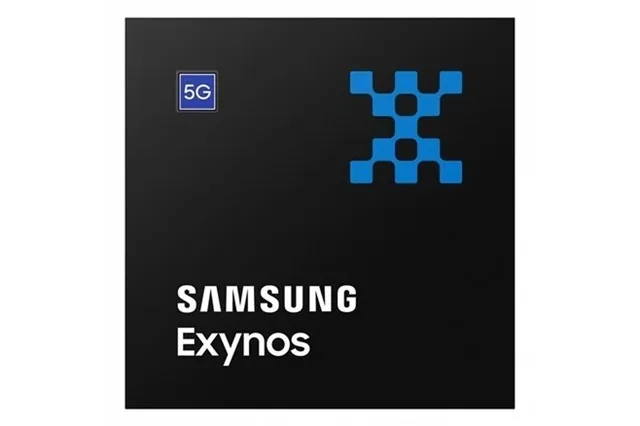
Pentagon’s Blacklisting of China’s EV Battery Giant: A Challenge for US Banks
2025-01-08
Author: Li
In a shocking move, the US Department of Defense has recommended adding Contemporary Amperex Technology Co., Limited (CATL), the world’s largest electric vehicle (EV) battery manufacturer, to a blacklist of companies linked to China’s military. This decision could not have come at a more critical time as Wall Street banks prepare for one of the largest IPOs in Hong Kong in years.
CATL, which supplies batteries to major players like Tesla, has been courting major financial institutions in recent weeks to facilitate its secondary listing in Hong Kong. Analysts at Morgan Stanley estimate this IPO could raise as much as $7.7 billion, providing CATL with necessary offshore capital to accelerate its global expansion plans. Goldman's Sachs, Bank of America, JPMorgan, and Morgan Stanley are among the banks keen to handle the listing, with a pivotal shareholder meeting scheduled for January 17 to discuss the offering’s parameters.
However, the Pentagon’s blacklist has thrown a substantial wrench into these plans. Although the inclusion on the list does not impose official legal restrictions on banks, it raises significant concerns about reputational risk. Financial institutions must now grapple with whether they can ethically underwrite shares for a company that the US government has associated with military ties.
Han Shen Lin, director of the Asia Group, notes that similar situations are becoming increasingly common in the banking world, forcing banks to rethink their client relationships. "Client names randomly appearing on blacklists is becoming a more common feature of banking these days, and that adds risk," Lin remarked.
While it doesn't invoke sanctions, the blacklist is serious enough that banks might preemptively distance themselves from such companies to avoid entering negative headlines. The uncertainty surrounding US-China relations is a potent reminder of the complexity surrounding international business dealings today.
The stakes are high for these banks. Tencent, another company recently blacklisted along with CATL, is one of the most significant clients for US institutions, with the parent company paying over $524 million in investment banking fees since its IPO in 2004. The financial repercussions of severing ties could be dire.
Interestingly, while CATL has not relied heavily on foreign banks, Goldman Sachs has emerged as the third-largest earner in fees from the company’s past investment banking endeavors. As banks weigh their options, they face a dilemma similar to the one in 2023 regarding Syngenta’s IPO plans, which faltered due to ChemChina being included on the Pentagon list.
In response to the Pentagon's blacklisting, both CATL and Tencent have signaled intentions to pursue legal action if discussions with the Defense Department do not lead to a favorable resolution. CATL insists it has never engaged in military-related activities, asserting its commitment purely to civilian applications in clean energy. Tencent's founder, Pony Ma, echoed these sentiments, emphasizing the company’s non-military affiliations.
With global electric vehicle markets expanding rapidly and CATL's batteries powering leading car models worldwide, including the Ford Mustang, many financial analysts believe that these considerations may enable banks to justify their involvement in the listing, provided they include disclaimers regarding the Pentagon's categorization.
As the geopolitical climate continues to evolve, the fallout from the Pentagon’s recent actions could have long-lasting implications for US-China business relations and the future of global finance. The world will be watching closely as this high-stakes drama unfolds in the coming months.



 Brasil (PT)
Brasil (PT)
 Canada (EN)
Canada (EN)
 Chile (ES)
Chile (ES)
 Česko (CS)
Česko (CS)
 대한민국 (KO)
대한민국 (KO)
 España (ES)
España (ES)
 France (FR)
France (FR)
 Hong Kong (EN)
Hong Kong (EN)
 Italia (IT)
Italia (IT)
 日本 (JA)
日本 (JA)
 Magyarország (HU)
Magyarország (HU)
 Norge (NO)
Norge (NO)
 Polska (PL)
Polska (PL)
 Schweiz (DE)
Schweiz (DE)
 Singapore (EN)
Singapore (EN)
 Sverige (SV)
Sverige (SV)
 Suomi (FI)
Suomi (FI)
 Türkiye (TR)
Türkiye (TR)
 الإمارات العربية المتحدة (AR)
الإمارات العربية المتحدة (AR)